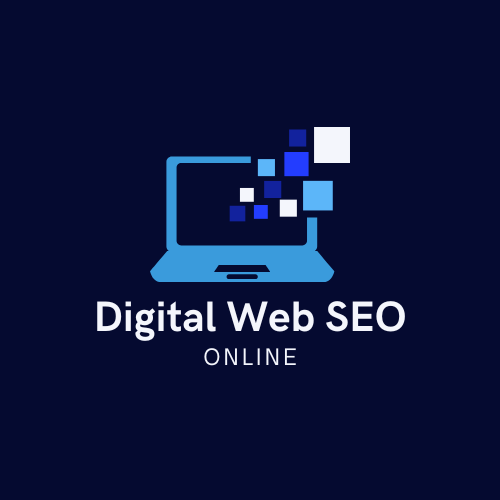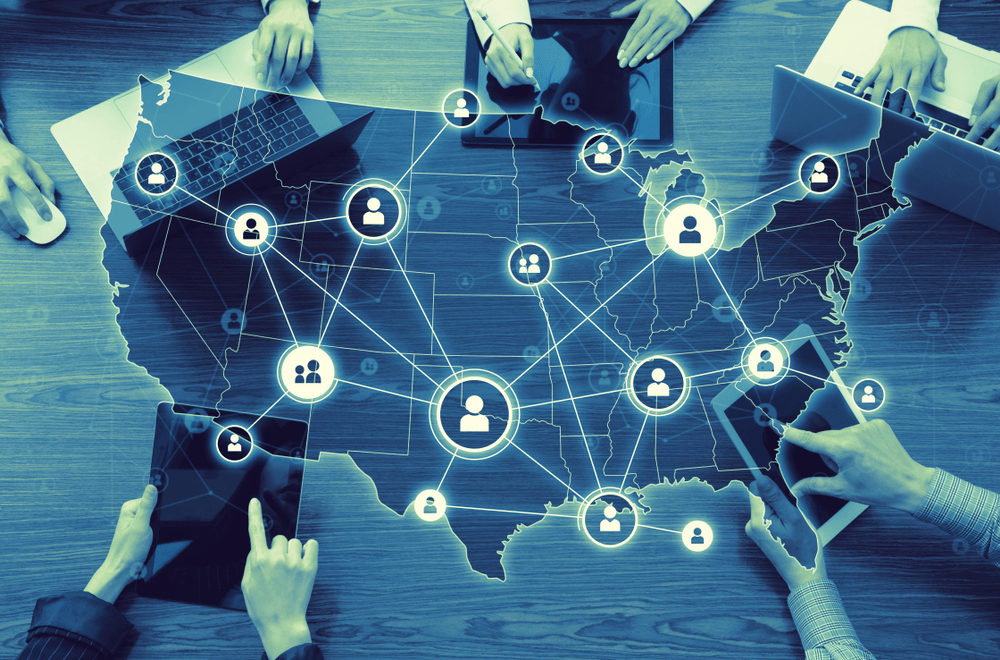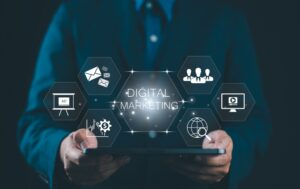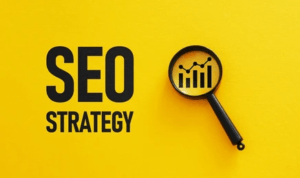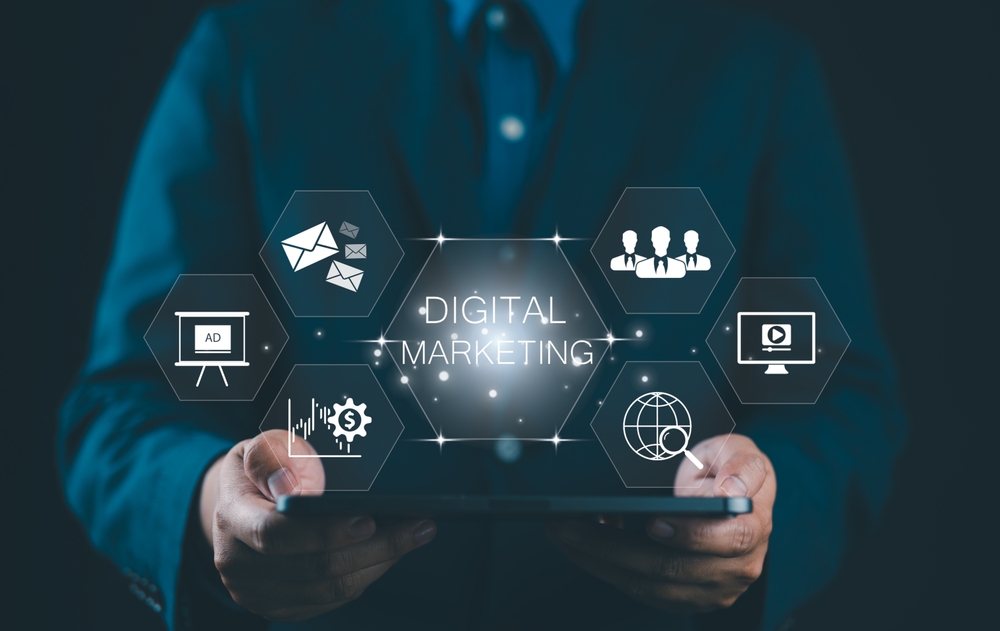In the year 2025, indeed we will stand at the threshold of a dramatic and epochal development in digital marketing as it is happening in the US today. Technological advancements have been moving the consumer market and legislation at full steam to break the pace for public relations and marketing prospects. This blog will be your one-stop destination for the latest trends, changes, and opportunities behind every click in the world of online marketing in the USA.
The Rise of Artificial Intelligence and Machine Learning
Artificial Intelligence and Machine Learning are the technologies behind all digital marketing strategies these days, leaving people with so much innovation to explore, including:
Scale up data analysis: AI-oriented tools will read through vast consumer data pools and inform enterprises on how they can focus and call behaviors. It predicts where actions could be and market goods accordingly.
Personal Damage: With chatbots providing immediate answers to shopping questions, AI creates personal resonance in all marketing messages.
Operational results-is: The aim behind implementing ML algorithms is clear; they are constantly improving ads targeting and content delivery towards definite higher financial return.
For example, tools such as Jasper and ChatGPT are throw in the blend, and the remarkable innovation in the necessary content creation tools sees the generation of high-quality content tailor-made to each individual.
The TikTok Ban and Its Ripple Effects
The U.S. Supreme Court has made the social media advertising landscape different, having banned TikTok in January 2025, as a measure citing national security reasons took away access to a platform that reaches 170 million users and, thus, left marketers scrambling to adapt.
Change in Spend: Brands are redirecting their advertising dollars to other platforms, including Instagram Reels, YouTube Shorts, and Snapchat.
Meta and Google have witnessed enormous growth in advertisement revenue as they are garnering the displaced TikTok audience.
Diversification: The prohibition emphasizes the need to diversify marketing efforts across different channels to reduce risk.
The Evolution of Video Marketing
Video content is still the king of digital marketing. Short-form videos are gaining popularity, and YouTube Shorts and Instagram Reels are leading the charge.
Storytelling: Brands are creating authentic, relatable content that resonates with younger audiences.
User-Generated Content: It allows customers to share their experience, which enhances trust and engagement.
Interactive Videos: Clickable product links in videos are an innovation that reduces customer journey friction.
Data Privacy and Ethical Marketing Practices
Consumer concerns over data privacy have led to stricter regulations like the General Data Protection Regulation (GDPR) and California Consumer Privacy Act (CCPA). Marketers are responding by:
Emphasizing Transparency: Clear communication about data usage builds trust.
Prioritizing Consent: Implementing robust consent mechanisms ensures compliance.
Leverage First-Party Data: Companies are now focusing on first-party data collected directly from customers rather than relying on third-party sources.
Social Commerce and Influencer Marketing
Social media platforms have transformed into powerful e-commerce tools. With in-app shopping features, brands can now facilitate seamless purchasing experiences.
- Influencer Marketing: Collaborations with micro and nano influencers are proving effective due to their engaged, niche audiences.
- Live Shopping Events: Platforms like Facebook and Instagram enable real-time shopping experiences, driving sales.
Sustainability and Corporate Social Responsibility
Modern consumers increasingly value brands that align with their social and environmental values. In 2025, marketers are prioritizing:
- Sustainable Practices: Highlighting eco-friendly products and transparent supply chains.
- Community Engagement: Campaigns that support social causes resonate deeply with audiences.
- Storytelling: Sharing a brand’s journey towards sustainability fosters authenticity and loyalty.
Augmented and Virtual Reality
Augmented Reality (AR) and Virtual Reality (VR) technologies are revolutionizing digital marketing by offering immersive customer experiences.
- Virtual Try-Ons: AR allows consumers to visualize products like clothing and makeup before purchase.
- Interactive Product Demos: VR experiences provide in-depth product engagement.
- Event Marketing: Virtual spaces enable brands to host events that transcend geographic limitations.
AI-Driven Content Creation
The digital advertising industry is embracing AI to streamline content creation. These tools enable marketers to:
- Automate Tasks: From ad copy to social media posts, AI can produce content in seconds.
- Personalize Messaging: Tailoring messages to specific audience segments increases engagement.
- Reduce Costs: AI tools eliminate the need for extensive creative resources.
Diversification in Platform Usage
The TikTok ban underscored the risks of over-reliance on a single platform. Savvy marketers are now:
- Exploring Emerging Platforms: New social media apps are gaining traction among younger users.
- Revisiting Traditional Channels: Email marketing and organic search are experiencing a resurgence.
- Building Owned Media: Investing in websites and blogs ensures control over content and audience relationships.
Data-Driven Decision-Making
Advanced analytics tools are enabling more informed decision-making in 2025. Key trends include:
- Predictive Analytics: Understanding future behaviors based on historical data.
- Real-Time Insights: Tools that provide up-to-the-minute campaign performance metrics.
- A/B Testing: Continuous optimization ensures campaigns stay relevant and effective.
Conclusion
Digital marketing in the USA is at a pivotal juncture in 2025. The rapid pace of technological innovation, combined with evolving consumer expectations, presents both challenges and opportunities. Marketers who embrace AI, diversify their strategies, and prioritize ethical practices will thrive in this dynamic landscape. By staying ahead of trends like video marketing, social commerce, and immersive technologies, brands can forge deeper connections with their audiences and achieve sustainable growth.
